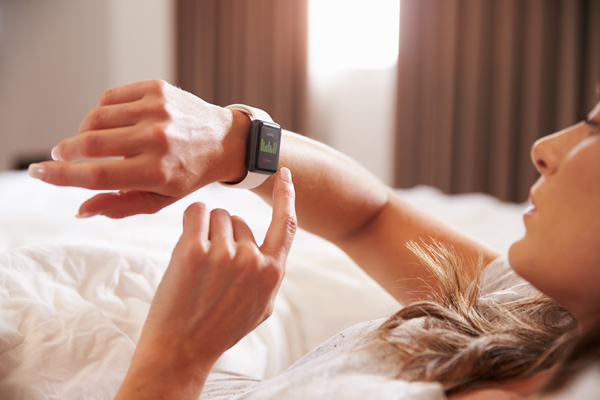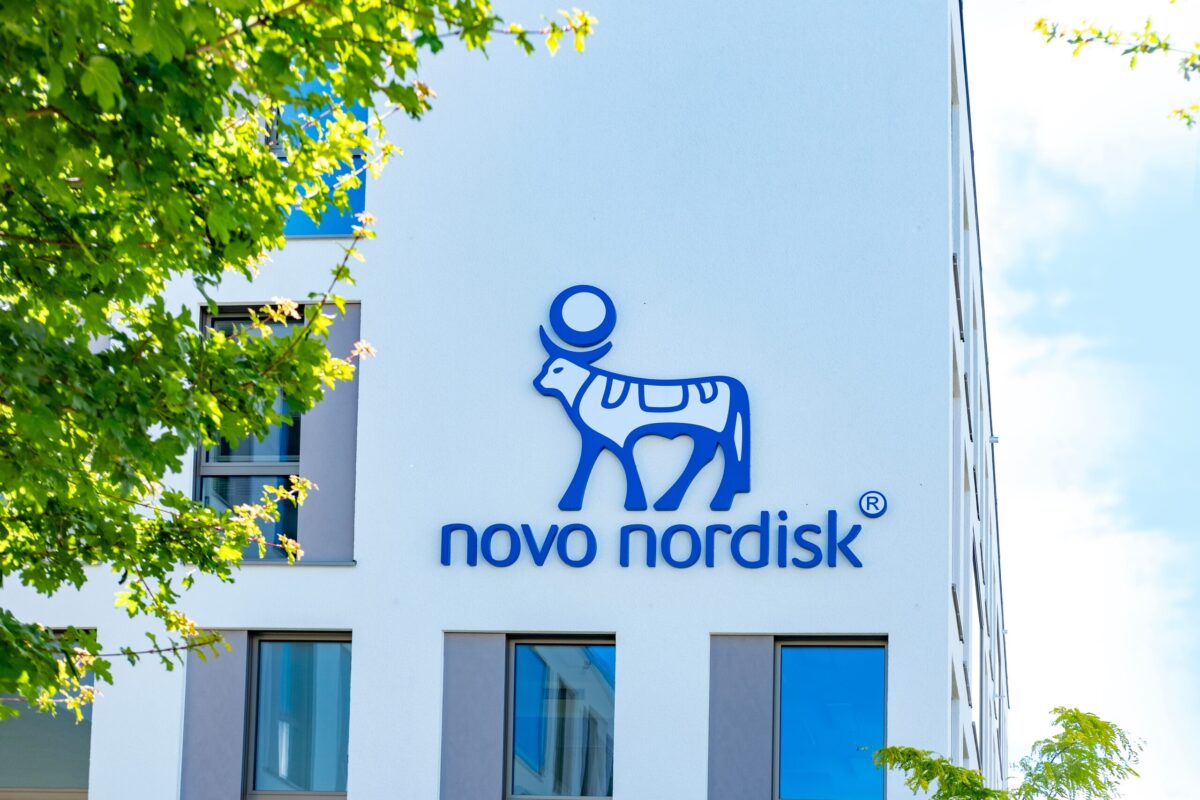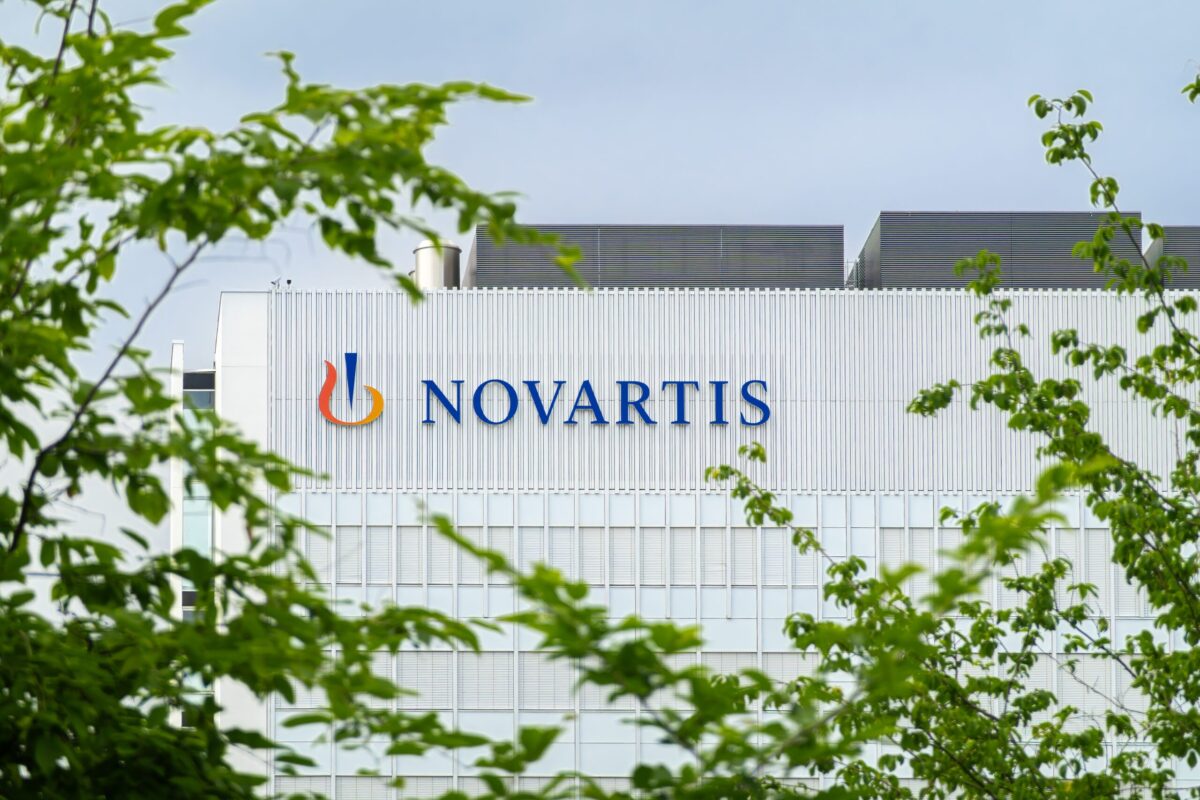UK-based digital health company, BioBeats, is making changes to their stress monitoring app to accommodate for other factors of well-being. The evolution of the startup is being spurred by Microsoft’s decision to withdraw their wearable fitness tracker, the Microsoft Band, from the market.
BioBeats used the Microsoft Band as the hardware to run their app. The fitness tracker was distributed to 560 UK employees of the French bank, BNP Paribas, for a pilot study on workplace-related stress.
While that study – which collected over 60 gigabytes of data – was completed in August, neither BioBeats nor the academics who lead the study have released any of the study’s findings. However, BioBeats did comment in a press release that “scientific findings include perceived/actual stress, links between stress and ruminators, and the outcome of breathing as an intervention.”
According to BioBeats CEO, David Plans, the company may be losing access to the Microsoft Band, but they are gaining a partnership with Google. They are in the early stages of developing this collaboration, and currently choosing their hardware and software.
BioBeats is also conducting larger studies, one of which involves tracking 41,000 people in a non-controlled environment. These types of studies should help the digital health company further refine its AI.
“We focus on predictive analytics and the intelligence behind it,” said Plans. The company’s apps use artificial intelligence in the cloud, which Plans says look for “instances of well-being.”
With the BNP Paribas study, the company set their sights on identifying central nervous system issues. One of the activities the study participants were asked to do was to breath in specific ways in order to induce stress.
This stress research has helped BioBeats to identify markers for cardiovascular health, but Plans said the company is now branching out into other areas. Their next challenges is to detect and model markers of neuropathy.
“It’s turning into an overall well-being platform,” said Plans. “As our machine learning gets more sophisticated, it becomes of more use to large employers that have a lot of [private medical insurance] claims.”
Because the app does not claim to be diagnostic, it is not required to seek regulatory clearance by the US Food and Drug Administration (FDA) or the European Medicines Agency (EMA). Instead, the app simply points to markers of potential health issues, which can be forwarded along to healthcare professionals.
The company expects to launch a new version of the BioBeats app sometime next month, with new wearables due out next year. In 2017, they also plan to try to enter the US market with their mobile health app.











Join or login to leave a comment
JOIN LOGIN